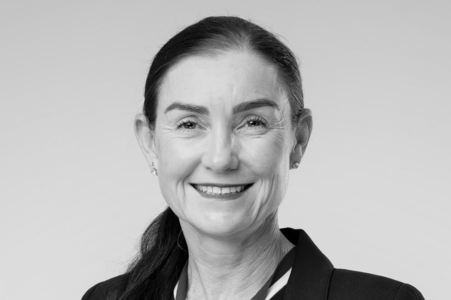Income inequality elevated, spikes: OxfamBY KARREN VERGARA | TUESDAY, 16 APR 2024 12:35PMIncome inequality is too high and continues to balloon in 60% of low- and middle-income countries studied by Oxfam International, tipping the Gini coefficient well above acceptable levels. Oxfam found that income inequality is rampant among 64 out of 106 counties that receive grants or loans from the International Monetary Fund (IMF) and World Bank. Income inequality in Ghana, Honduras, Mozambique, and 39 other countries stood at high levels. The rapid rate in which inequality increased was most evident in Burkina Faso, Burundi, Ethiopia, Zambia, and 37 other countries.
Gini coefficients, a common measure of income distribution inequality, among these countries register above 0.4, which Oxfam said hits the warning level set by the United Nations. On a scale from zero to one, a Gini coefficient of one denotes total inequality. Australia's Gini coefficient in 2019-20 was 0.318, which was close to the average of wealthy nations of 0.315, according to the Organisation for Economic Cooperation and Development (OECD), ranking the country with the 14th highest level of inequality. Further, Oxfam found that low-income countries face a debt crisis as their massive debt and interest repayments divert resources from crucial areas like public education, healthcare, and social safety nets, threatening to unravel hard-won development gains. Oxfam's analysis of the World Bank's International Development Association (IDA), a provider of grants or low-interest loans to the poor countries, shows that borrowers are overindebted and need almost half (45%) of their debt cancelled. Head of Oxfam International's Washington D.C. Office Kate Donald said an agreement made last year by the World Bank to target cuts in inequality for the first time in its 80-year history is a "landmark move" but must make it a headline priority. "We don't buy the excuse that 'we can't afford it' - the money is there; it's just not flowing to where it's needed. We urgently need donor governments to step up their contributions to IDA, and for the G20 to move forward with a global deal to tax the super-rich. It's all part of ensuring that rich countries and rich people pay their fair share towards tackling inequality and climate breakdown," said Donald. A separate Oxfam study reveals that billionaires are US$3.3 trillion richer than in 2020, with their wealth growing three times faster than the rate of inflation. Despite representing just 21% of the global population, rich countries in the north own 69% of global wealth and are home to 74% of the world's billionaire wealth. The total wealth of Australian billionaires increased by 70.5% or US$120 billion in the same period. "Meanwhile, people worldwide are working harder and longer hours, often for poverty wages in precarious and unsafe jobs. The wages of nearly 800 million workers have failed to keep up with inflation and they have lost US$1.5 trillion over the last two years, equivalent to nearly a month (25 days) of lost wages for each worker," Oxfam said. Related News |
Editor's Choice
Antipodes acquires boutique manager
The funds delivering up to 30% returns: Mercer
ClearBridge launches first local global equity fund
Plenary Group sells 49% stake to ADQ
 Sponsored by Sponsored by | Where do advisers invest their time?The stage 3 tax cuts have sparked discussions on bracket creep. Implementing a tax-effective investment strategy is crucial now more than ever. |
 Sponsored by Sponsored by | Quality and Yield. A Powerful combination.With central bank rates seemingly peaked, investors are not awaiting yield increases. We're bucking the trend with investment rates at decadal highs |
 Sponsored by Sponsored by | Why it could be a good time to be a growth contrarianGrowth-style companies are in vogue, but you may need to think outside the box to ensure you don't overpay. |
Products
Featured Profile

Fiona Mann
BRIGHTER SUPER




























